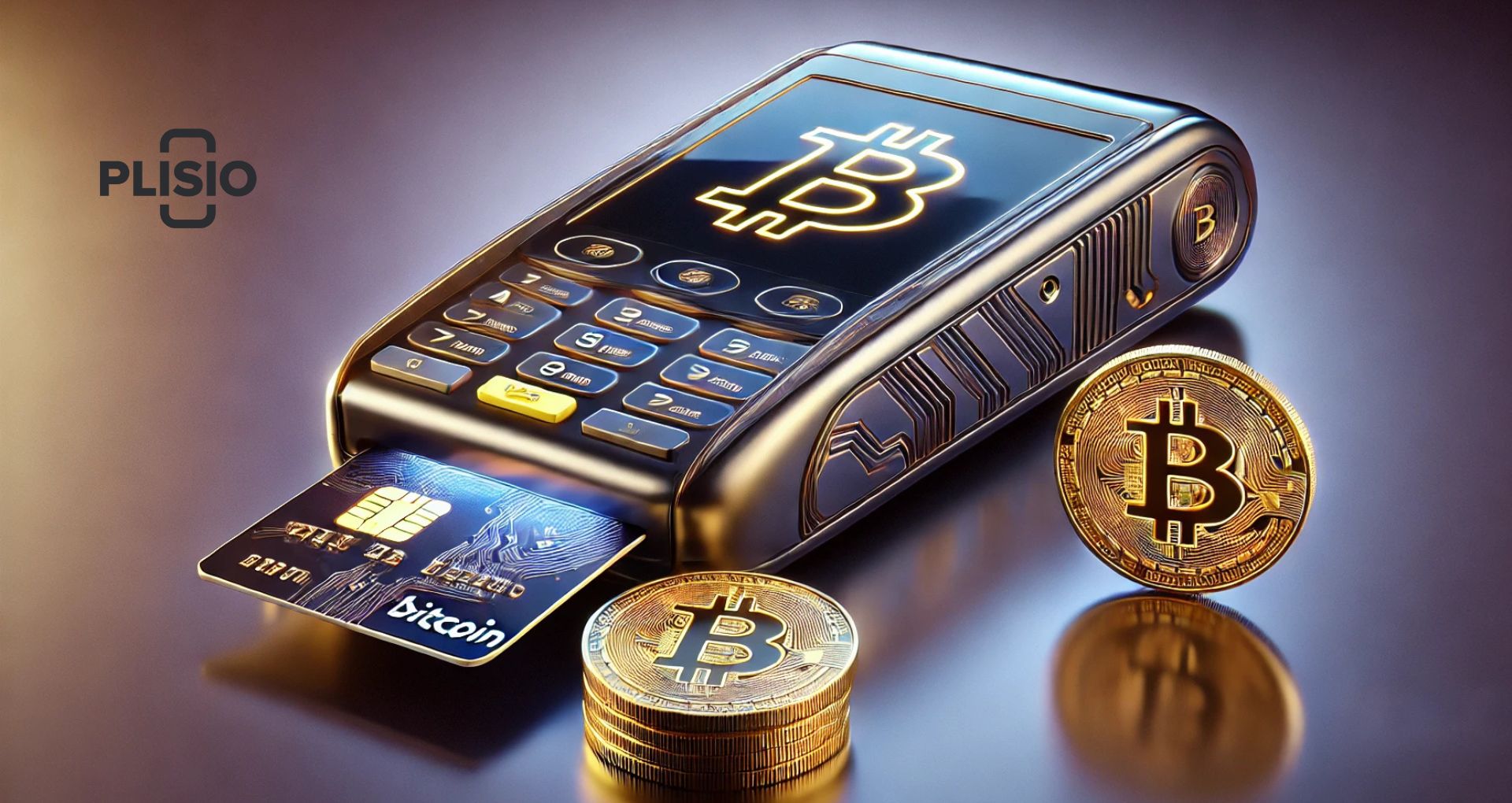What Is Cryptocurrency Processing?

Cryptocurrency adoption is accelerating at an unprecedented pace. As of 2024, over 8,500 businesses globally accept cryptocurrencies for goods and services, according to BitcoinWide. This figure is expected to rise as digital assets gain mainstream acceptance, the crypto market matures, and innovative payment solutions emerge. Recent data reveals that the total number of global cryptocurrency users surpassed 420 million in 2023, marking a 39% increase from the previous year. Moreover, cryptocurrency-related transaction volumes reached $16 trillion globally in 2022, highlighting the explosive growth of blockchain-based digital finance.
Defining Cryptocurrency Payment Processing: What Does It Really Mean?
In financial terms, cryptocurrency payment processing refers to managing digital transactions conducted using crypto assets—a process that goes beyond a simple money transfer and involves advanced blockchain verification and secure asset handling.
The term "processing" stems from the concept of managing or executing tasks. Within financial services, it involves initiating, verifying, and completing a transaction securely and efficiently.
Crypto payment processing involves specialized service providers that handle incoming and outgoing digital asset transactions for e-commerce platforms, physical retailers, and other businesses. These services empower companies to accept crypto payments seamlessly while offering features such as:
- Secure cryptocurrency wallet and digital asset storage
- Real-time cryptocurrency exchanges and conversion rates
- Seamless conversion from digital assets to fiat currency
- Instant fund withdrawals to traditional banking systems or online payment platforms
- Comprehensive financial reporting and analytics tools
- Compliance advisory services for regulatory adherence
- Advanced fraud detection and transaction monitoring
Beyond transaction handling, many providers offer legal support, technical consulting, brokerage services, over-the-counter (OTC) trading, and XaaS (Anything-as-a-Service) offerings.
Essentially, crypto payment gateways act as bridges between businesses and digital assets, simplifying the acceptance of cryptocurrencies.
Key Concepts Every Business Should Know Before Implementing Crypto Payment Solutions:
- Understanding the fundamentals of blockchain networks and smart contracts
- Securely storing, managing, and transferring cryptocurrencies
- Applying security best practices when setting up crypto wallets
It’s also crucial to understand two core elements: cryptocurrency payment gateways and cryptocurrency acquiring—terms that form the foundation of this rapidly evolving sector.
What Is a Cryptocurrency Payment Gateway?
A cryptocurrency payment gateway is a digital platform that facilitates financial transactions using cryptocurrencies.
Though "crypto gateway" and "crypto processing" are often used interchangeably, they serve distinct purposes. Processing covers the full transaction lifecycle—from initiating payment interfaces to issuing digital receipts and facilitating transfers between financial institutions and blockchain networks. A gateway, however, focuses on authorizing transactions, encrypting data, and safeguarding sensitive financial information.
In the digital commerce landscape, gateways function similarly to physical POS (Point-of-Sale) terminals—authorizing, processing, and securing transactions.
For users, a crypto payment gateway typically appears as a checkout interface where they can input credit card details, crypto addresses, or confirm transactions using a blockchain hash.
What Is Cryptocurrency Acquiring?
Cryptocurrency acquiring refers to a merchant's ability to accept payments made with digital assets for goods and services online. Successfully integrating this feature requires embedding specialized infrastructure within digital platforms, ensuring that blockchain-based transactions are processed securely and efficiently.
This functionality is a vital part of the broader digital payments ecosystem, supporting seamless crypto payment processing.
The Evolution of Cryptocurrency Payment Processing: From Niche to Mainstream Adoption
The first notable cryptocurrency processing service, BitPay, was launched in July 2011, enabling businesses to accept Bitcoin (BTC) as a legitimate payment method.
By the end of 2012, BitPay had attracted around 1,000 merchants, and that number multiplied tenfold within a year. By late 2013, BitPay had expanded its reach to 164 countries, processing transactions worth over $100 million.
In May 2014, major investors such as Richard Branson of Virgin Group and Yahoo co-founder Jerry Yang invested $30 million into BitPay. At the time, the company’s valuation reached $160 million, with Bitcoin’s market price hovering around $115.
BitPay dominated the crypto payments market until 2017, when Bitcoin’s dramatic surge in value ignited a wave of interest in cryptocurrency transactions and opened the door for new players.
New entrants like Coinbase Commerce, CoinPayments, CryptoCloud, and Plisio soon emerged. Plisio, in particular, gained popularity for its flexible payment gateway that supports multiple cryptocurrencies, offers competitive transaction fees, and features recurring payments and invoicing capabilities.
With competition intensifying, research from Bing Ventures and Alchemy Pay projects that the global crypto payments market could grow to between $316 billion and $362 billion by 2026. Additionally, Boston Consulting Group predicts that the value of tokenized assets could reach $5.2 trillion by 2026 and surpass $16 trillion by 2030.
Real-World Examples of Crypto Payment Processing Adoption
Many renowned companies have already adopted crypto payment solutions to stay competitive:
- Tesla briefly accepted Bitcoin for car purchases, setting a precedent for corporate crypto adoption.
- PayPal allows U.S. customers to buy, hold, and sell cryptocurrencies directly through their accounts.
- Microsoft accepts Bitcoin for Xbox store credits and other digital services.
Additionally, research indicates that in 2024, Russia had 9.2 million crypto holders, placing the country among the top 10 nations for cryptocurrency adoption. Globally, the number of crypto millionaires surged by 95% in 2024, with over 172,300 individuals holding digital assets valued at over $1 million.
These practical examples highlight the growing importance of crypto payment processing for businesses.
Conclusion
As cryptocurrency adoption continues to grow, digital payment infrastructure will play a pivotal role in shaping the future of blockchain-powered transactions. Businesses that embrace crypto payment solutions will enjoy enhanced transaction security, broader customer reach, and greater financial flexibility. With emerging technologies and evolving regulations, the cryptocurrency processing sector is set for continued growth and innovation, offering exciting opportunities for both startups and established enterprises. By understanding core concepts like crypto gateways and acquiring services, businesses can navigate this dynamic and rapidly developing financial landscape effectively.

